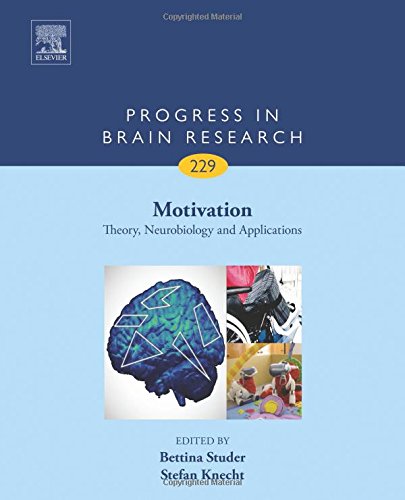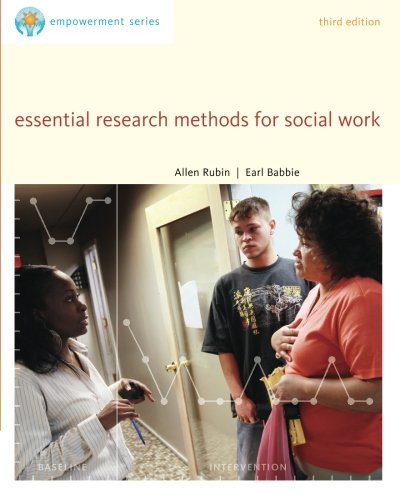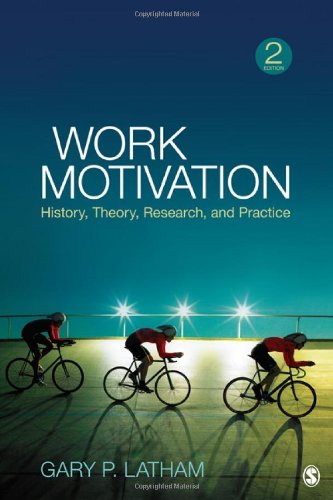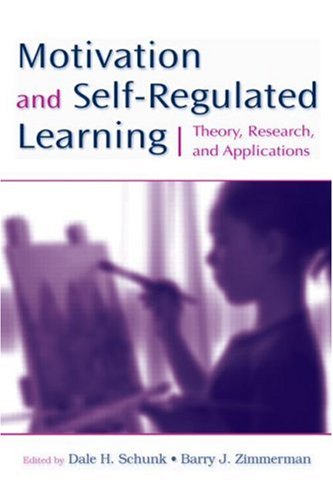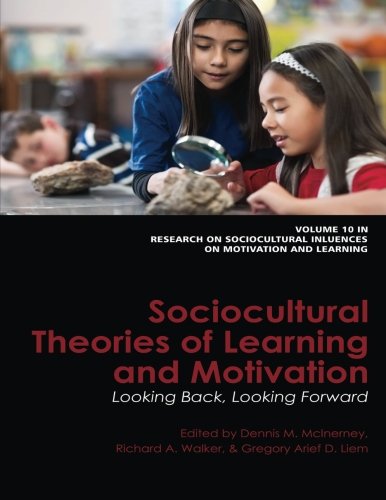
It is now nearly thirty years since sociocultural theories of learning created great excitement and debate amongst those concerned with learning in diverse contexts. Since that time significant advances have been made in sociocultural theory and research. Various sociocultural approaches to the understanding of learning (for example, sociocultural psychology, sociocultural discourse, cultural historical activity theory) have been developed and consolidated and new challenges are currently being addressed. In the motivational arena sociocultural approaches deriving from Vygotsky have only begun to emerge relatively recently. In this Volume we examine and evaluate the achievements of past sociocultural theory and research, and consider the future directions of sociocultural theory and research in the domains of learning and motivation.



